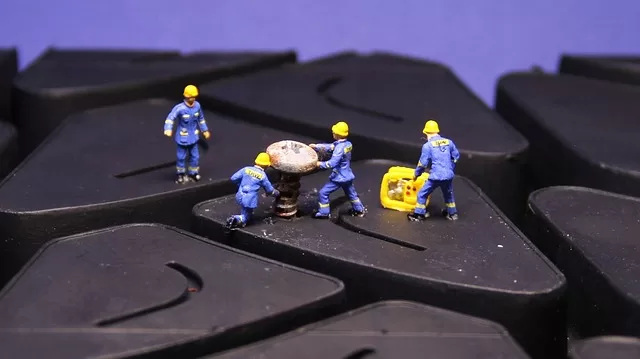A Short Guide On Tire Maintenance And Safety
Keeping your tires in good condition is an important part of ensuring your safety on the road. But many drivers don’t realize how critical it is to maintain their tires until it’s too late. In fact, according to the National Highway Traffic Safety Administration (NHTSA), about 17 percent of all vehicle crashes—that’s 1.3 million accidents each year—are due to improper tire maintenance.
Therefore, let’s look at seven important tips on tire maintenance and safety.
Checking the tires
Check your tires regularly for signs of wear and tear, including balding treads or exposed cords. According to the TireGrades, be sure to inspect each tire every time you check your air pressure. It’s also a good idea to make sure the valves are in good condition and that the wheel is correctly centered in the wheel well.
Additionally, check your tires for any foreign objects such as nails or screws. If you find a puncture, have it repaired immediately to prevent further damage.
Tire pressure
Make sure your tires are inflated to the manufacturer’s recommended air pressure, as listed in your car’s owner’s manual or on its tire information placard. Being aware of proper inflation levels can help you keep your tires in good condition and maximize fuel efficiency, as well as improve the handling and stability of your vehicle.
You should also check your tires for uneven wear. Uneven tire wear can be caused by air pressure that is too low or too high, as well as wheel alignment issues.
On the other hand, overinflating your tires can be just as dangerous and could lead to reduced traction, resulting in a loss of control.
Tire rotation
Having your tires rotated regularly is essential for maintaining their condition and maximizing tire life. Regular tire rotation helps to ensure that all tires wear evenly, which helps reduce the risk of blowouts or other related issues. Rotating your tires also helps to even out the tread wear pattern, allowing you to get more miles out of each set of tires.
You can do this yourself, or you can have a professional mechanic perform this service. However, if you decide to do it yourself, be sure to consult your car’s owner’s manual or tire information placard to determine the proper tire rotation pattern.
Wheel alignment and balancing
It’s important to get the wheels on your car aligned and balanced regularly. An alignment can extend the life of your tires, as well as improve fuel efficiency, reduce tire noise, and even provide a smoother ride. As for wheel balancing, this is crucial to ensure a smooth ride. Poorly balanced wheels can cause your tires to wear unevenly, leading to premature tire failure.
For instance, some cars require alignment every 6,000 miles, while others may require it less often. It’s best to consult your owner’s manual or a professional mechanic for exact recommendations for your vehicle.
Emergency kits
Having an emergency kit ready will help you stay safe in the event of a tire-related emergency. Make sure it includes a spare tire, jack, wrench, and other necessary tools. Additionally, consider keeping a flashlight with fresh batteries in your kit to help you find the right components and fix any problem during nighttime repairs.
Additionally, it’s a good idea to keep a tire pressure gauge on hand, as well as an inflation canister if you need to refill your tires with air.
Driving habits
Your driving habits can also play a role in preserving the life of your tires. Excessive speeding or hard braking can damage the tires, resulting in more frequent replacements. Additionally, try to avoid potholes, curbs, and other obstacles on the road whenever possible as they can cause serious damage to your tires.
On the other hand, driving at a moderate speed and taking corners at a slower pace can help you reduce wear and tear on your tires.
Tire replacement
Finally, when it’s time to replace your tires, make sure you do the proper research and buy the right tires for your car. Be sure to purchase tires with the correct size and load rating for your vehicle. Additionally, you should also consider factors such as terrain and weather conditions when selecting the right tire for your needs.
Also, depending on your car’s age and mileage, you may want to consider purchasing new tires with a tread depth greater than 4/32 of an inch for better performance.
Maintaining your tires is essential for ensuring your safety on the road. In addition to following the tips we’ve provided, be sure to consult your car’s owner’s manual or a professional mechanic for specific instructions on how to properly maintain your tires.
By taking care of your tires, you can help them last longer and improve the overall performance of your vehicle.



